Conference | Johan Zoffany and His International Contexts
From The Paul Mellon Centre:
Johan Zoffany and His International Contexts
The Royal Academy of Arts and the Geological Society, Burlington House, London, 14 May 2012

Johan Zoffany, "The Tribuna of the Uffizi," ca.1772-77. Oil on canvas. Royal Collection
The Paul Mellon Centre for Studies in British Art, the Royal Academy of Arts, London, and the Yale Center for British Art, New Haven, will be co-hosting a conference on Monday, May 14, 2012, to accompany a major exhibition on the eighteenth-century Anglo-German artist Johan Zoffany (1733–1810). The exhibition, Johan Zoffany RA: Society Observed, is curated by Martin Postle (Paul Mellon Centre), with Gillian Forrester (Yale Center for British Art) and MaryAnne Stevens (Royal Academy); it was on view at the Yale Center for British Art from October 27, 2011, to February 12, 2012, and can be seen at the Royal Academy from March 10 to June 10, 2012. The conference aims to address Zoffany’s art in the context of four locations that were central to his practice: Germany, England, Italy, and India.
Born in Frankfurt in 1733, Johan Zoffany trained as an artist in Germany and Italy. In 1760 he moved to London, where he adapted brilliantly to the indigenous art culture and patterns of patronage, creating virtuoso portraits and subject pictures that proved to be highly desirable to a wide range of patrons. Of all the major artists working in eighteenth-century England, none explored more inventively the complexities of Georgian society and British imperial rule than Zoffany. Yet, despite achieving considerable success there, he remained in many ways an outsider, looking dispassionately at British society. Resisting complete integration into his adopted country, Zoffany traveled for extended periods in Europe and spent six years in northern India. His body of work offers unique perspectives on key British and European institutions, including the art academy, the royal court, the theatre, and the families of the aristocracy and bourgeoisie. In India, Zoffany constructed new idioms for portraying the emerging colonial society in both public and private spheres, as well providing a nuanced account of the complex network of power relations, race, and culture at a critical moment in British imperial history.
Tickets for the conference and a conference program (pdf, 109 kb) are now available (also see below). To purchase tickets, and for further details about how to register, please visit the Paul Mellon Centre, London.
◊ ◊ ◊ ◊ ◊
P R O G R A M M E
Geological Society of London
9:00 Registration
9:30 Amy Meyers (Yale Center for British Art) Welcome and opening remarks
9:40 Martin Postle (Paul Mellon Centre for Studies in British Art) “Zoffany and his International Contexts: An Introduction to the Exhibition and Conference”
9:50 Morning session introduced and chaired by Robin Simon (University College, London)
9:55 Craig Hanson (Calvin College, Michigan) “Zoffany‟s Virtuosic Ambitions and the Theatre of Natural History”
10:25 Helen McCormack (University of Glasgow) “Zoffany and William Hunter: ‘Where Art May Join with Nature and with Sense'”
10:55 Questions
11:05 Coffee
11:35 Steffen Egle (Staatsgalerie, Stuttgart) “Johan Zoffany and Germany: Early Training and Later Reception”
12:05 Kate Roach (Virginia Commonwealth University) “Johan Zoffany’s Tribuna of the Uffizi: An International Visual Lineage”
12:35 Questions
12:45 Lunch
14:00 Afternoon session introduced and chaired by Kate Retford (Birkbeck College, University of London)
14:05 Anna Maria Massari (University of Urbino ‘Carlo Bo’, Palazzo Albani) “A Rediscovered Zoffany Madonna for the Grand Duke of Tuscany”
14:35 Kenneth Bendiner (University of Wisconsin, Milwaukee) “Johan Zoffany in Italy: The Beginning of Visual Dissonance”
15:05 Richard Leppert (University of Minnesota) “Zoffany and the Visual Politics of Private Musical Culture in England and India”
15:35 Questions
15:45 Tea
16:15 William Pressly (University of Maryland) “The Artist’s Role as Social Commentator: Zoffany’s Scathing Condemnation of Gillray as well as Hogarth in Plundering the King’s Wine Cellar”
16:45–17:30 Response, and discussion chaired by MaryAnne Stevens (Royal Academy of Arts)
Royal Academy of Arts
17:45 Drinks reception in the Reynolds Room
18:15–20:00 Private view of Johan Zoffany RA. Society Observed in the Sackler Galleries
Call for Papers | European Networks in the Baroque Era
As pointed out by Hélène Bremer, from H-Soz-u-Kult:
European Networks in the Baroque Era
Vienna, 26-29 September 2012
Proposals due by 30 April 2012
The first general conference of the ENBaCH Project is intended to bring together research on Baroque forms of exchange and networking, as a basis for a modern network of researchers working on themes related to the cultural heritage of Europe in the seventeenth and eighteenth centuries. The European Network for Baroque Cultural Heritage (ENBaCH, www.enbach.eu) — is a research project supported and funded by the European Commission.
“Baroque” of course has various connotations depending on regions and cultural contexts but also on various approaches in different research fields. As ENBaCH is defined as an interdisciplinary project it is intended to confront these aspects and discuss their impact on what might be defined as “European Cultural Heritage.”
A well-known historiograpical conundrum is the question of periodization. One useful, practicable approach is the collection of characteristics of an epoch from the cultural point of view: works of art, intellectual activities and developments, societal structures and contemporary ways of coping with diverse challenges in a specific society. Baroque culture was influenced by war, famine and epidemic diseases, and the resulting urgency of finding collaborative solutions for survival. New environments and infrastructures, increased mobility of craftsmen, artists and workers as well as the trade of artefacts and goods, and a vivid exchange of knowledge mark the period as much as its art, which represents a reaction to these threats to life in various ways.
We welcome papers on the following aspects of Baroque culture and exchange in particular:
• formal and informal networks of politics (e.g. the role of courts, diplomacy, agents) in the seventeenth and eighteenth centuries
• the Baroque circulation of ideas and knowledge (e.g. the Republic of Letters)
• the development of arts and cultural practices (“artists and artefacts on the move,” baroque festivals and piety, fashion, cooking, etc.)
• (with particular relevance to the venue of the conference): the Baroque perception of the human body in various works of art, death and dying in relation to confessional frameworks, coping with disease and disaster from a medical point of view (e.g. health care provisions, facing famine and epidemic disease) and collaboration in medicine and health care
Conference language: English. The papers should be given in English and should take max. 20 minutes. Discussions and commentaries by attending delegates may include also other languages. Abstracts of one page max., in English, accompanied by a very short CV, should be sent to baroquebodies@meduniwien.ac.at by the end of April 2012. We will be able to cover moderate travelling costs and accommodation for invited speakers other than those involved in the ENBaCH project. Please enquire for details.
Rooms are reserved at two hotels at a convenient location; speakers and conference delegates will benefit from a reduced room rate. Rooms are limited and available on first come, first served basis only. For any further questions about the conference practicalities please contact Paul Zogmann (paul.zogmann@meduniwien.ac.at).

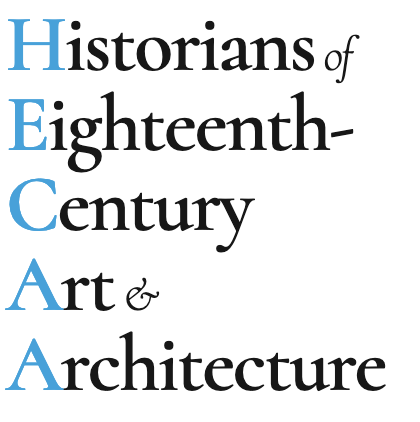

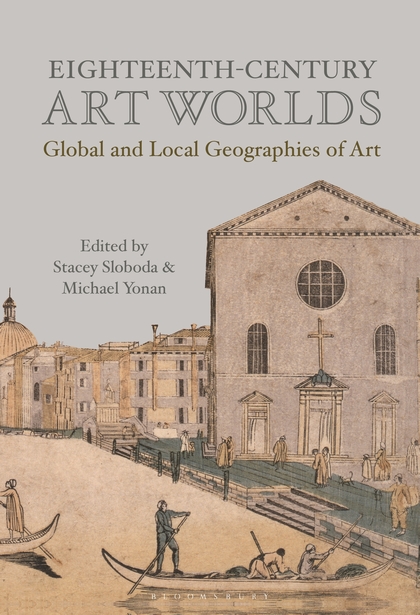

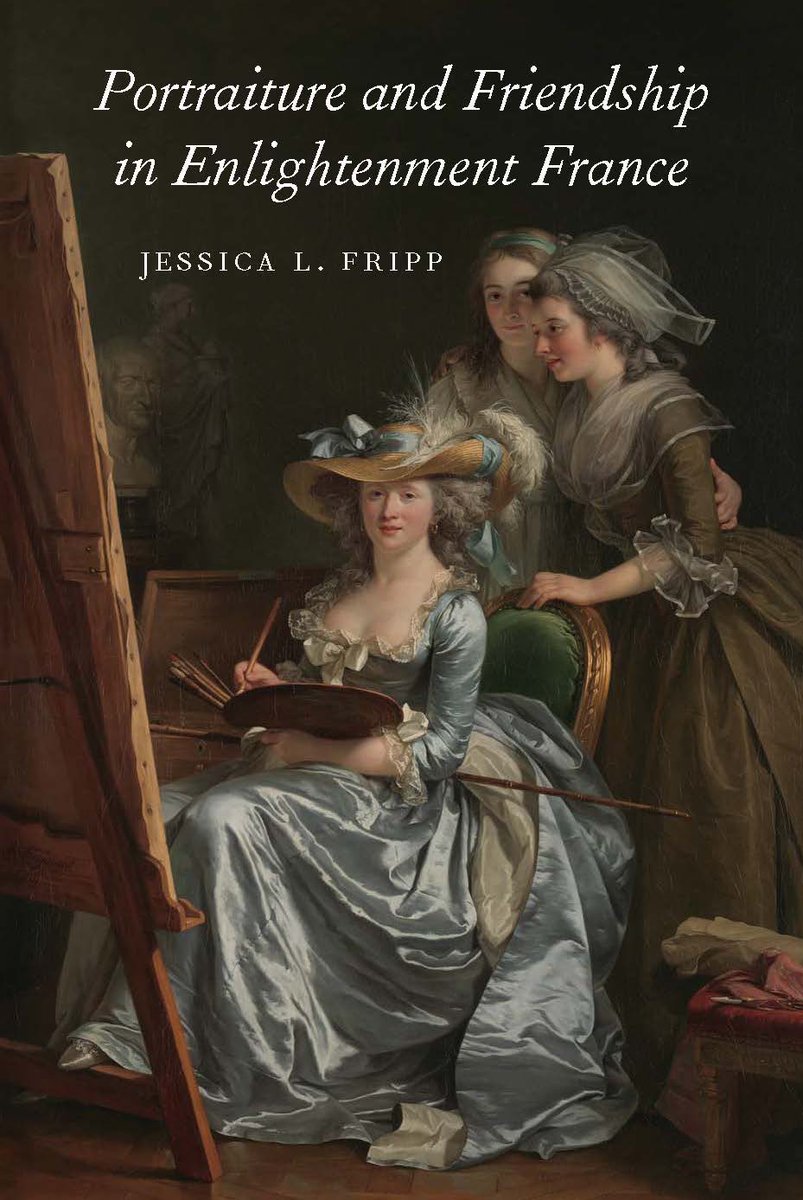















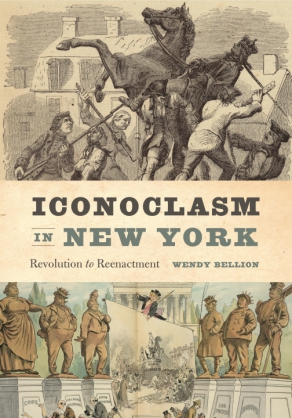



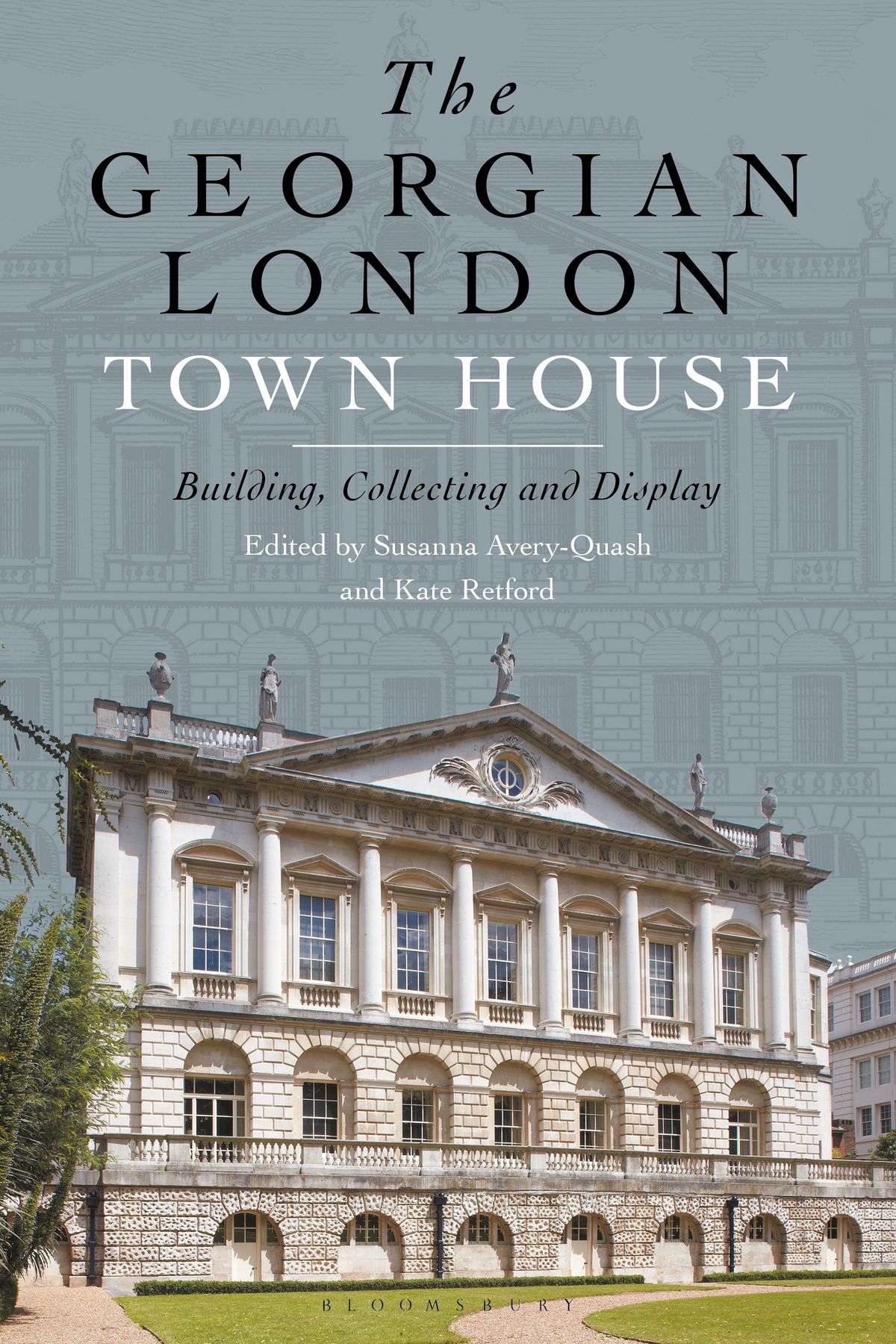


leave a comment